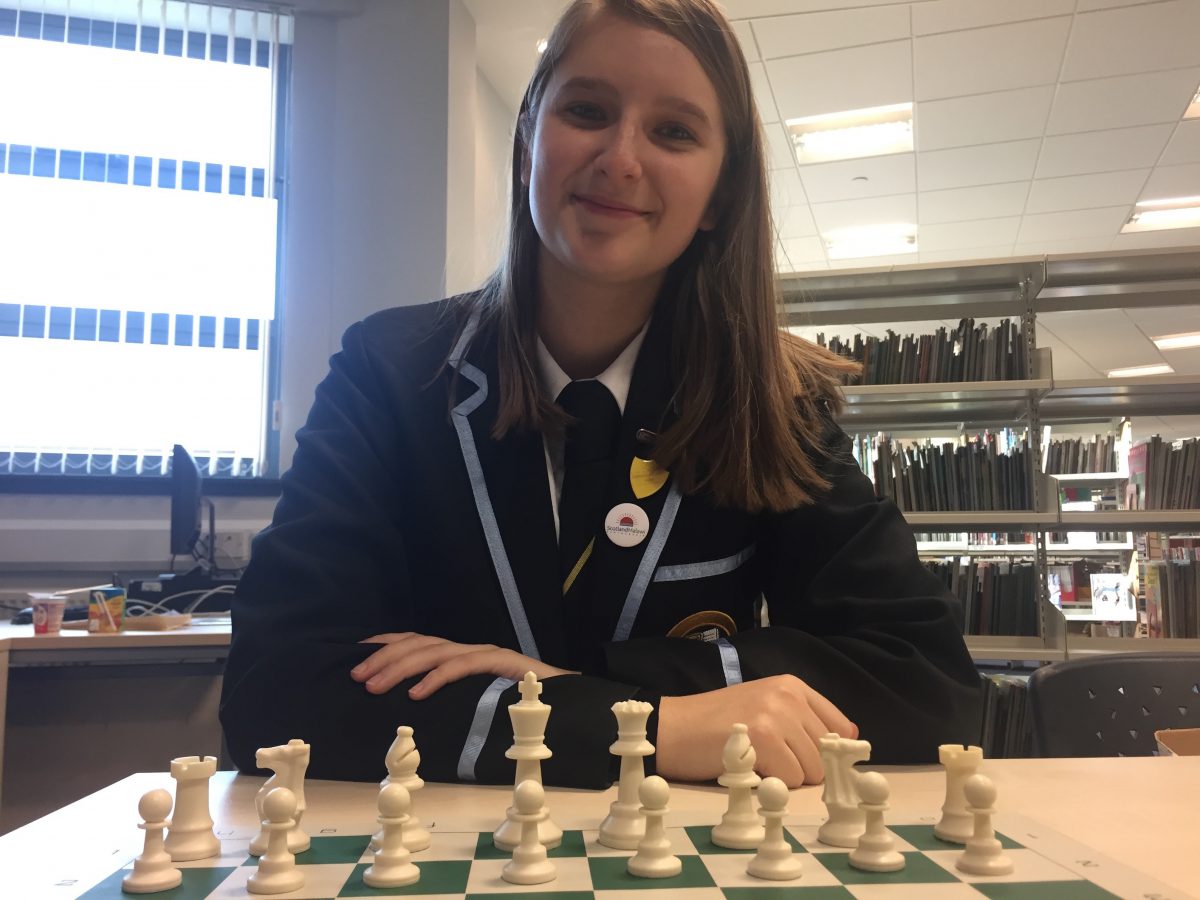Plan ahead.
At times it can appear as though your school life revolves around deadlines and your UCAS application is certainly not something you want to do in a hurry. So to avoid a last minute panic start early. On the UCAS website you can find a sample structure for your personal statement which is a good place to start your planning. Allow yourself plenty of time so that you can re-draft the statement a few times before submitting.
UCAS Resources
https://www.ucas.com/sites/default/files/personal-statement-mind-map.pdf
https://www.ucas.com/ucas/undergraduate/getting-started/when-apply/writing-ucas-undergraduate-personal-statement
Know what is expected.
When you begin to write your personal statement it is important that you understand exactly what is expected. In your statement you should address 2 points: motivation; why you want to study the course, and suitability; why you will be successful at College or University while studying the course. While tackling the motivation section try to avoid using general phrases such as ‘I have a passion for’ and instead focus on the specific areas of the course which interest you or what career you wish to enter into by studying this course as this displays and greater knowledge of the subject and the course. Another point to consider is the character limit. For a UCAS personal statement the word limit is 4000 characters, including spaces, which initially can seem like a lot but disappears quickly once you start writing.
Do your research.
Make sure that you display an understanding of what skills are needed or helpful for the course you wish to study. Some skills such as communication skills and time management span almost courses however it is important that you prioritise the key qualities when writing your application. For help selecting the relevant qualities for your course look at the overview and structure of your course on the University or College website.
Don’t be afraid to ask for help.
Allowing others to read your personal statement, from a parent or guardian to a supportive friend, means that they may notice sections which could be explained better, flow nicer or points that you have missed. Sometimes you will find that it is easier for a friend to recognise your best qualities than it is to find them within yourself.
Give Evidence.
When you state that you have a particular quality that needs to be backed up with evidence. At first it can seem difficult to write about yourself without coming across as arrogant or over-confident however by showing where you have displayed a skill it suggests that this is not just your own opinion of yourself but something you have developed over time.
For example instead of saying ‘I have excellent communications skills’ expand on this by saying ‘I have developed my communication skills through my role as House Captain which required me to express my ideas about how the House system could progress at weekly meetings’.


